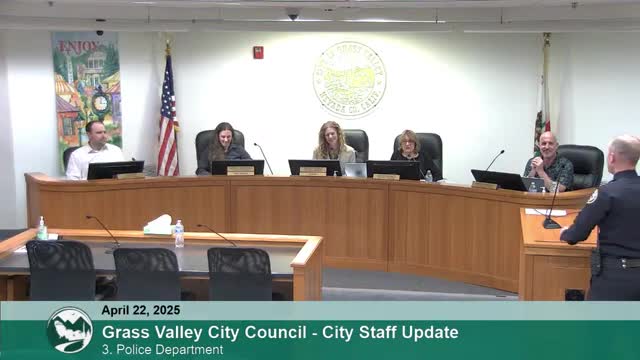Article not found
This article is no longer available. But don't worry—we've gathered other articles that discuss the same topic.
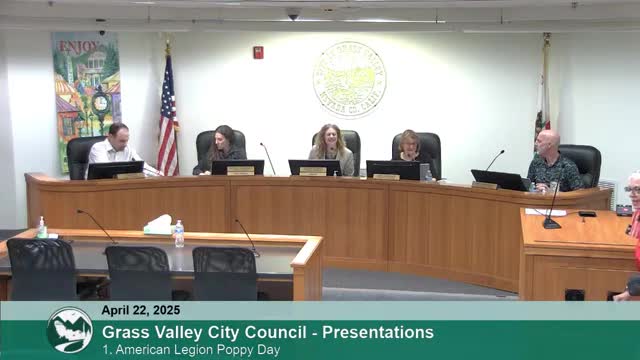
Grass Valley group launches PAWS to keep pets with people during addiction treatment
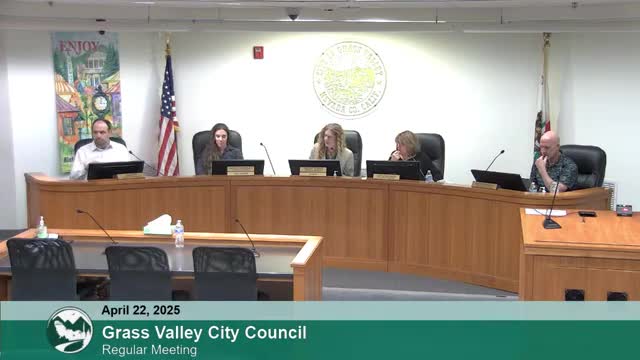
Votes at a glance: Council approves consent calendar; agenda amended to postpone appeal to May 13
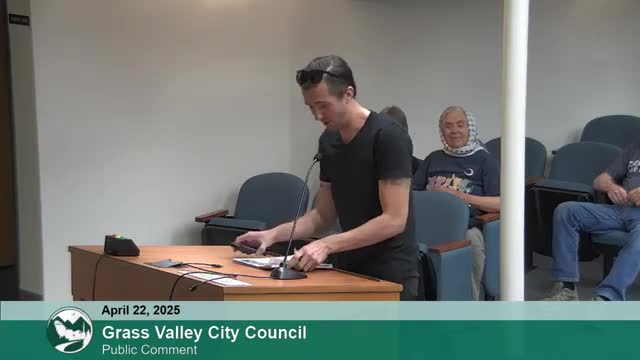
Skateboarders urge council to preserve Condon Park as petition tops 400 signatures
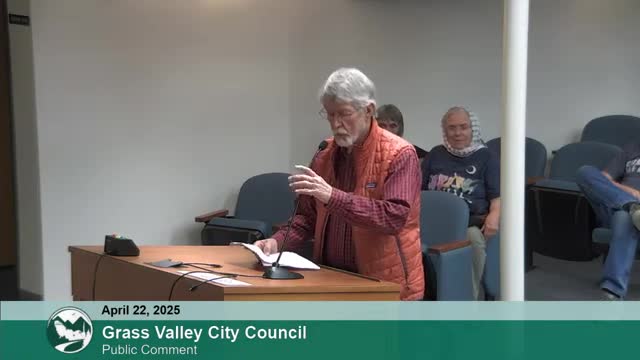
Grass Valley meeting features sharply divided public comments over council’s earlier ceasefire resolution
